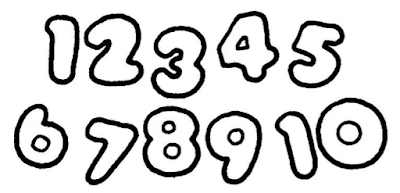This is a description of a song reported in
Folktales of Mexico by Americo Paredes.
Paredes explains that he collected the song in Matamoros, Tamaulipas in 1954. The singer was Juan Guajardo, age 63, who was a well known singer of corridos and other folk songs. Paredes provides the tune and the Spanish title "La Chiva" on p. 185 of the book. Paredes archived the audio in the University of Texas Folklore Center Archive, F131-3.
The song combines multiple motifs: money, buying something (of increasing value), and reproduction.
The first stanza goes:
I have my
real and a half;
with a
real and a half I bought a nanny goat.
The nanny had a kid.
I have the nanny, I have the goat.
And my
real and a half is still not spent.
The purchases and reproductions accumulate:
I have my
real and a half;
with a
real and a half I bought a she-ass.
The she-ass had a colt.
I have the she-ass, I have the colt.
I have the nanny, I have the goat.
And my
real and a half is still not spent.
The purchases are:
nanny who had a goat
she-ass who had a colt
a turkey hen who had a chick
a bitch who had a little puppy
a Negro woman who had a little Negro
a gringo woman who had a little gringo
a Chinese woman who had a little Chinaman
Sometimes the stanza begins "I have my
real and a half; with a
real and a half I bought..." (stanzas 1-2-5) and other times the stanza begins "With a
real and a half that I used to have" (stanzas 3-4-6-7).
So the final stanza goes:
With a
real and a half that I used to have
I bought a Chinese woman.
The Chinese woman had a little Chinaman.
I have the Chinese woman, I have the little Chinaman.
I have the gringo woman, I have the little gringo.
I have the Negro woman, I have the little Negro.
I have the bitch, I have the puppy.
I have the turkey-hen, I have the chick.
I have the she-ass, I have the colt.
I have the nanny, I have the goat.
And my
real and a half is still not spent.












